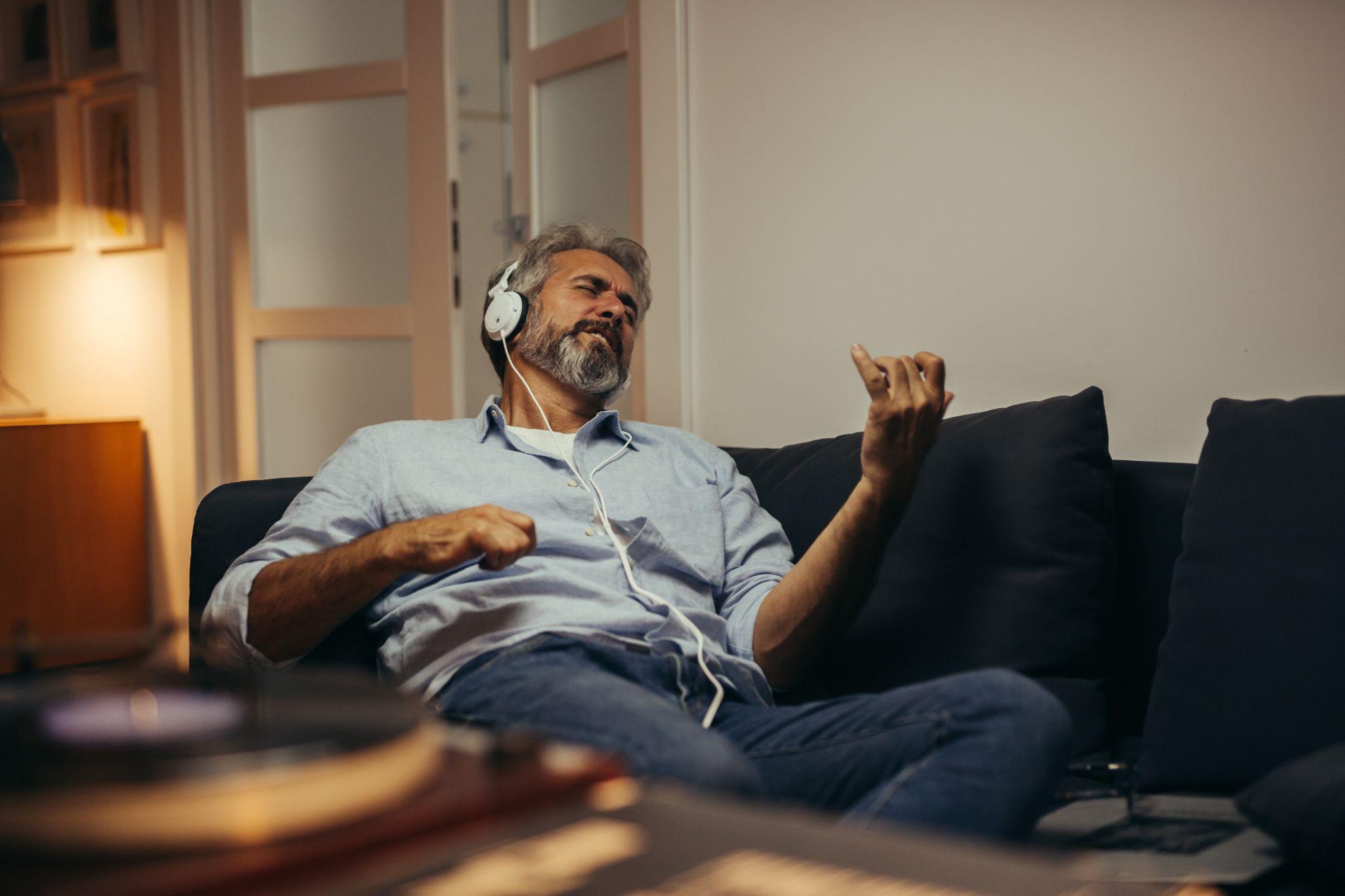Addiction recovery is a deeply personal and challenging journey that requires various therapies to achieve lasting success. While traditional therapies like counseling and medication-assisted treatment (MAT) are essential, holistic therapies are gaining recognition for their transformative potential.
Among these, music therapy stands out as a unique and powerful tool. Whether through listening, creating, or engaging in group activities, music offers a pathway to healing that addresses emotional, cognitive, physical, and social dimensions. Exploring the role of music in addiction recovery and its incorporation into the journey can offer profound benefits for individuals with addiction and their loved ones.
Understanding Music Therapy
Music therapy is a structured and scientifically supported practice that incorporates music-based interventions to help individuals achieve personalized therapeutic goals. Administered by credentialed professionals who have completed approved music therapy programs, it addresses physical, emotional, cognitive, and social needs of individuals across various age groups and health conditions.
The history of music therapy dates back to ancient times, with philosophical references from Aristotle and Plato acknowledging music’s healing influence. In the United States, the first reference of the practice was seen in 1789 in the article “Music Physically Considered” in Columbian Magazine.1
The 20th century saw significant developments, particularly during and after World Wars I and II, when musicians provided therapeutic services to soldiers suffering from physical and emotional trauma. This period highlighted the need for formalized training, leading to the establishment of the first university courses in music therapy.1
Today, music therapy is recognized as an allied health profession, delivering health services that complement traditional medical treatments. Therapists employ various techniques, including music listening, songwriting, improvisation, and lyric analysis, to fulfill goals related to movement, cognition, speech and language, and mental health.
The adaptability of music allows it to be utilized with individuals, groups, and in diverse settings, making it a versatile tool in promoting wellness and facilitating healing.
Benefits of Music Therapy
Music therapy offers a wide range of benefits that support emotional healing, physical well-being, cognitive enhancement, and social connection, making it a valuable tool in addiction recovery.
Emotional Benefits
One of the most significant benefits of music for addiction recovery is its ability to help facilitate emotional expression and healing. Addiction often involves suppressed emotions or overwhelming feelings that can be difficult to process.
Music provides a safe outlet for expressing these emotions, whether through singing, songwriting, or listening to relatable lyrics.
Moreover, music has a calming effect, helping reduce stress and anxiety levels that frequently accompany recovery. A soothing playlist can help individuals relax during challenging moments, while upbeat tunes can uplift their mood and combat depression. This emotional stability is essential for sustaining progress in recovery.
Physical Benefits
Music can offer tangible physical benefits that support addiction recovery music therapies. For many individuals, sleep disturbances are a common struggle during recovery. Listening to calming music before bedtime can help regulate sleep patterns and improve overall restfulness, which is vital for both mental and physical health.
Another significant physical benefit is pain management. Music has been shown to help reduce the perception of pain, making it a helpful tool for individuals experiencing withdrawal symptoms or lingering discomfort. Additionally, rhythmic music can help promote relaxation by easing muscle tension, further contributing to the body’s healing process.
Cognitive Benefits
Music therapy can have profound effects on cognitive function, making it an excellent complement to traditional therapies like cognitive behavioral therapy (CBT). Engaging with music helps enhance memory and focus, both of which can be impaired during addiction.
Whether through learning an instrument, singing, or simply paying attention to lyrics, music helps stimulate the brain and improve mental clarity. Music can help increase attention span and improve decision-making skills.
These cognitive enhancements are critical in music and addiction recovery, as they empower individuals to stay focused on their goals and navigate challenges effectively.
Social Benefits
The social benefits of music in addiction recovery cannot be overstated. Addiction often leads to isolation, but music therapy helps foster connection and community. Participating in group music sessions, such as choirs or drum circles, helps provide individuals with a sense of belonging and support.
Music also helps improve communication skills, encouraging individuals to express themselves and collaborate with others. This helps rebuild trust and relationships, which are often strained during addiction. For many, the camaraderie found in musical activities can be a lifeline in recovery.
Scientific Evidence Supporting Music Therapy
Scientific studies consistently show that music therapy reduces stress and enhances emotional resilience during recovery. The American Music Therapy Association revealed that music significantly reduces stress and anxiety levels in individuals undergoing addiction treatment.2
Another study highlighted music’s ability to help manage cravings, showing that it can be a powerful coping tool during recovery.3
Experts like Dr. Michael Thaut, a renowned researcher in the field of music and neuroscience, have noted that music helps rewire the brain by creating new neural pathways. This supports long-term healing and resilience in music addiction recovery.4
4 Practical Ways to Incorporate Music Into Your Recovery Journey
Incorporating music for addiction recovery into your daily routine doesn’t have to be complicated. Here are some practical ways to use music as a tool for healing:
- Create personalized playlists. Tailor playlists to suit different moods or activities. For example, soothing tracks can help with relaxation, while upbeat songs can energize your day.
- Join community music groups. Participating in choirs, bands, or drum circles helps foster a sense of community and provides a supportive environment for self-expression.
- Explore songwriting or learning an instrument. Writing lyrics or learning to play an instrument can offer a creative outlet and helps improve focus and self-discipline.
- Use music therapy apps. Apps like Calm or Insight Timer offer guided meditations and therapeutic music, making it easy to incorporate music into your daily routine.
3 Expert Tips for Maximizing the Benefits of Music Therapy
To fully embrace the potential of music and recovery, consider these expert tips:
- Choose the right music. Different types of music evoke different responses. Experiment to find songs that resonate with your emotions and goals.
- et realistic goals. Whether you’re learning to play an instrument or committing to daily music listening, start small and build gradually.
- Stay consistent. Like any therapy, consistency is key. Make music a regular part of your routine for lasting benefits.
Find Support Through Music With Lumina Recovery
Music therapy is a versatile and transformative tool in addiction recovery, helping individuals heal emotionally, physically, and socially.
At Lumina Recovery, we offer programs like group therapy to foster community and EMDR therapy to process past traumas, both of which align with the benefits of music in recovery.
Take the next step in your healing journey by discovering how music and addiction recovery transform lives. Contact us today to learn more about our compassionate care and personalized treatment options.
Sources:



